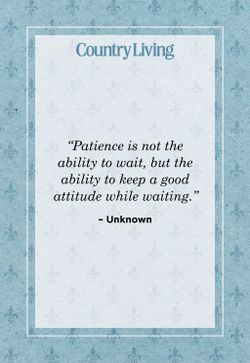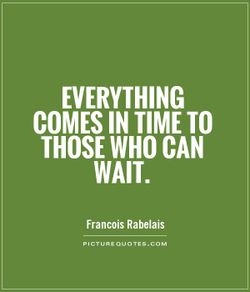Jul 15, 2022
Jen's Note : Topic (Waiting)
Waiting before hoping: An educational approach to the experience of waiting
Abstract
Waiting has traditionally been defined as the interval of time between the anticipation of an event and its occurrence. From an educational perspective, we usually believe that it is not the wait that is important, but the attitude of the individual who is waiting. It is for this reason that, while we can barely find any educational research that addresses waiting, there is a prolific production relating to hope; that is, relating to one of the possible attitudes that someone may have while waiting.
This paper, contrary to this trend, aims to highlight, on the one hand, the educational importance that waiting has in itself and, on the other hand, the need to take it into account before addressing any attitude that an individual may show in relation to it. To do this, we will first distinguish between two different ways of waiting, one in which the individual is aware of the objective of the wait and another in which they are not aware of any objective. Secondly, we will analyze each of them separately and point out to what extent our world today is trying to force us to reduce our experience to just one of them. Finally, we will conclude that there is an educational need to experience both if we want to educate open minds capable of dealing with hope-inspiring attitudes in different ways.
Notes
1 The connections of future-expectation and present-attention are taken from Augustine of Hippo, who in The Confessions stated: ‘There are three tenses of time: the present of past things, the present of present things, and the present of future things. These are three realities in the mind, but nowhere else as far I can see, for the present of past things is memory, the present of present things is attention, and the present of future things is expectation’ (Augustine of Hippo, 1997,)
While any wait is focused on the future, it is not the same if the object of the wait is determined or not. If we know exactly what we are waiting for, we can calculate our possibilities regarding it and, therefore, create expectations. If the wait is indeterminate, we cannot calculate anything and so it is impossible to have any expectation. All we can do is trust that the future will bring something and we have no other option than to be attentive so that it does not escape from us.
2 In his analysis of the lives of migrants trapped in Serbia waiting to reach Europe through the Balkan Corridor (a formalized migratory passage to the European Union that operated for only a few months between 2015 and 2016), Rydzewski (2020) shows to what extent this was based on constant movement. Only a few migrants could officially cross the border per day and there were thousands waiting. Instead of staying put in the makeshift camps that were set up for them, they preferred to keep moving, thinking that their future depended on their human agency. By being clear about what we are pursuing, even in the worst-case scenario, such as this one, we can create expectations that will lighten the burden of time that has been imposed on us.
3 The Oxford Dictionary of English Etymology places the earliest appearances of the word ‘wait’ back in the Middle Ages, directly related to the verb ‘to watch’, which is to look attentively ('wait', 1966).
4 In the field of Sociology, there has been considerable study of the limiting consequences for young people of not complying with the educational expectations that are socially regarded as successful, even when failure to achieve them is not in most cases due to individual reasons. In this regard, see, for example, Tarabini and Curran (2019).
Questions :
(1) What comes to mind when you hear the word ‘waiting’?
(2) Do you like waiting for things?
(3) Is waiting good for us?
(4) What does waiting teach us?
(5) What's the most important thing you've waited for?
(6) What do you think of people who cannot wait?
(7) What are you waiting for now?
(8) What do we call people who cannot wait?
(9) Do you ever give up waiting for people who are late? How long can you wait?
(10) Paulo Coelho said: "Life was always a matter of waiting for the right moment to act." How true is this?


By undefined
10 notes ・ 17 views
Filipino
Beginner